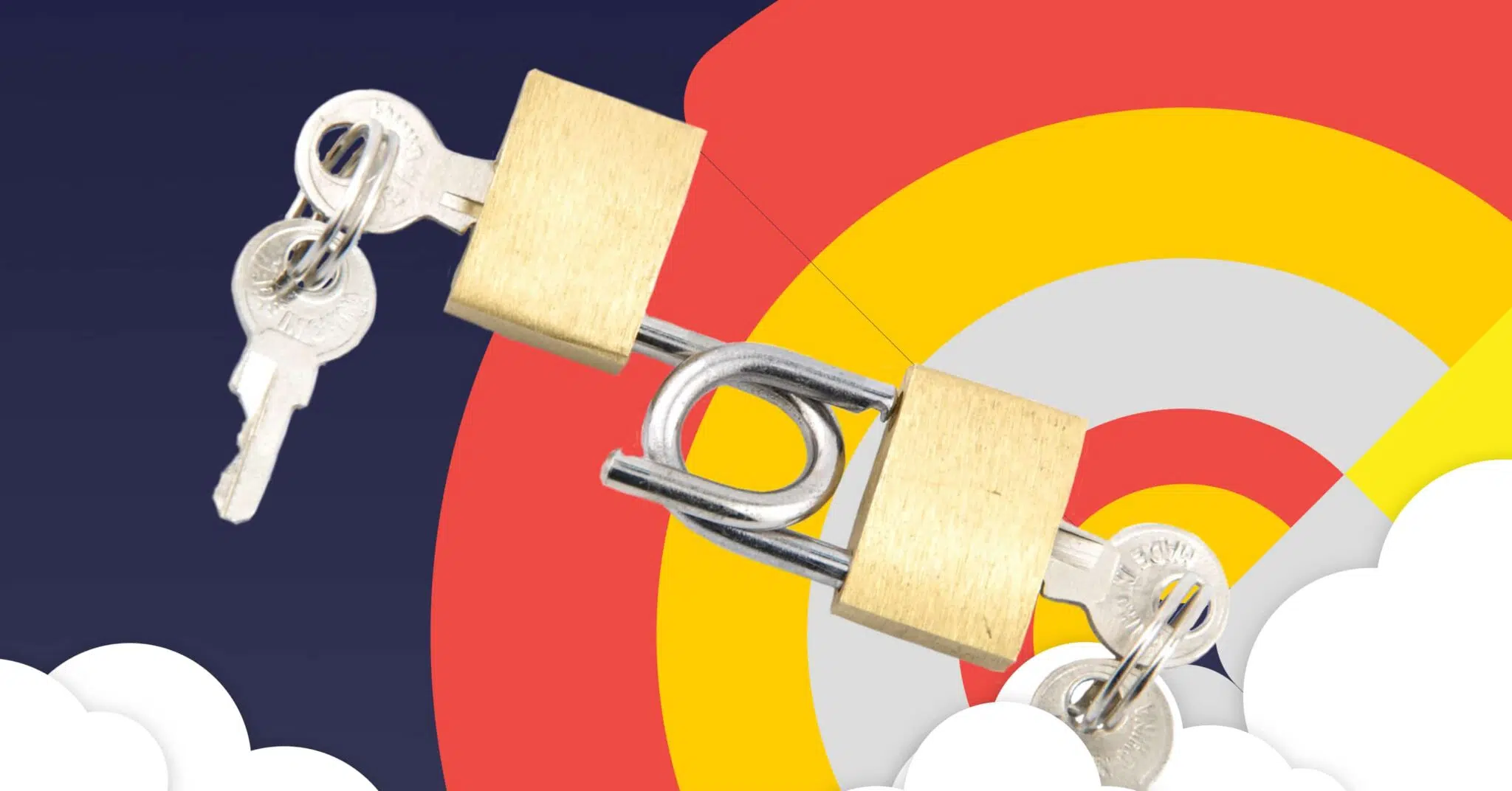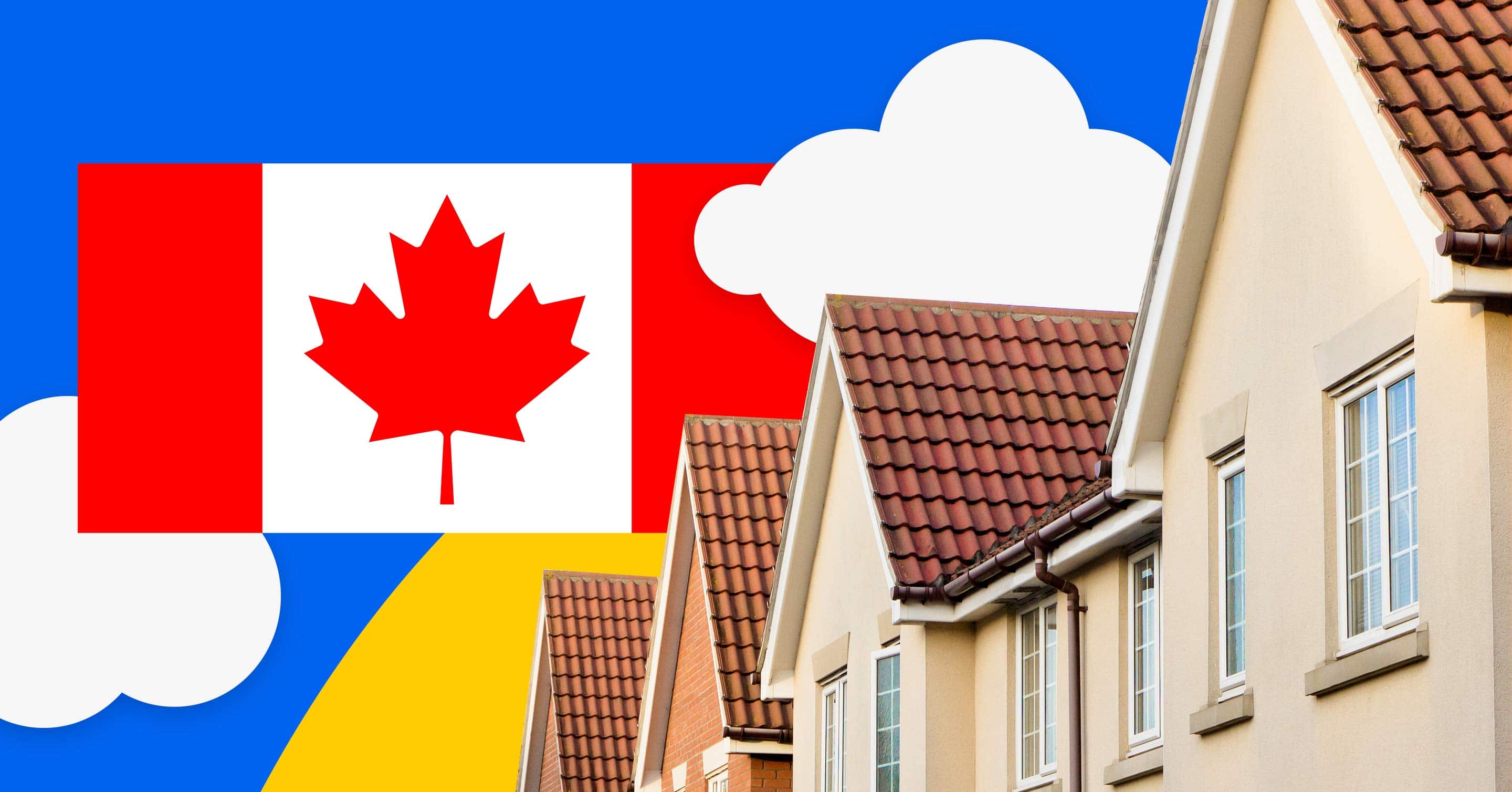Open vs Closed Mortgage: Key Differences

Table of contents
As a prospective homebuyer or someone with an existing mortgage looking to renew or refinance, one of the most important decisions you’ll face is what mortgage type to choose. Many different mortgage types are available, from open vs. closed, variable vs. fixed, and terms ranging from 6 months to 10 years, all catering to diverse financing needs.
When deciding whether to go for a closed vs. open mortgage, you must understand the differences and weigh the pros and cons of each type. There’s no one-size-fits-all approach to mortgages, so choosing the one that best aligns with your short and long-term goals can go a long way in helping you save the most on your mortgage.
Key Takeaways
- Closed mortgages have lower interest rates but have prepayment penalties should you need to make changes to your mortgage during the term.
- Open mortgages have higher interest rates but allow you to make changes and unlimited prepayment privileges to the mortgage without penalty.
- Depending on your situation, choosing between a closed or open mortgage involves weighing cost savings against flexibility.
What Is a Closed Mortgage?
A closed mortgage has set terms and conditions for the duration of the mortgage term you select. Once the mortgage contract is signed, the terms and conditions cannot be changed or altered without incurring prepayment penalties, which could be significant.
How it works: The defining characteristic of a closed mortgage is its lack of flexibility. Lenders may offer some prepayment privileges, such as the ability to pay up to a certain percentage of the original principal amount without penalty. If you wish to prepay more, pay off the mortgage entirely, refinance, or alter the mortgage before the end of the term, you must pay a prepayment penalty.
Interest rates: Lower interest rates are the tradeoff for a lack of flexibility. Lenders are willing to provide more favourable rates in exchange as the restrictions on a closed mortgage deter borrowers from breaking the mortgage contract or making additional prepayments.
When to consider: Closed mortgages are best for homeowners who expect to remain in their property for the mortgage term. Additionally, this option is best if you don’t anticipate making prepayments above what is allowed in your mortgage agreement.
Closed Mortgage Prepayment Penalties
Prepayment penalties for closed fixed-rate mortgages are typically an interest rate differential (IRD) or 3 months of interest, whichever is higher. If you break the mortgage closer to the beginning of the term, you will incur much higher penalties than you would toward the end. Penalties for closed variable-rate mortgages are based on 3 months of interest.
Pros and Cons of a Closed Mortgage
Pros
- Lower interest rates compared to open mortgages
- While it varies by lender, prepayment privileges are based on a percentage of the original loan amount on closed mortgages
Cons
- Limitations on the amount you can prepay without penalty
- Prepayment penalties for breaking the mortgage before the end of the term
What Is an Open Mortgage?
An open mortgage provides greater flexibility to do what you like with your mortgage during the term without incurring prepayment penalties. While open mortgages still have a term, borrowers don’t have to wait until the mortgage matures to make changes.
How it works: The defining feature of an open mortgage is its flexibility. You can make additional payments anytime without limitations, change your payment frequency, refinance, pay off, or break the mortgage before the end of the term without incurring prepayment penalties.
Interest rates: The tradeoff for greater flexibility comes with higher interest rates than closed mortgages. Lenders charge a premium for allowing borrowers to break or change their mortgage agreement without penalty.
When to consider: Open mortgages are best suited for homeowners who anticipate being able to make larger prepayments or pay off their mortgage before the end of the term. Homeowners who may need to sell their home before the end of the mortgage term, where the cost savings from not paying prepayment penalties outweigh higher interest rates, may also consider an open mortgage.
Pros and Cons of an Open Mortgage
Pros
- No prepayment penalty for increasing regular mortgage payment amounts or frequency
- Can prepay any amount at any time without penalty
- Pay off the mortgage at any time without penalty
- There is no prepayment penalty for refinancing to change amortization, though some lenders may charge a small fee (around $200) for the new mortgage setup
Cons
- Higher interest rates compared to closed mortgages
- Higher interest rates can make open mortgages more costly if you don’t take advantage of the flexibility available
Mortgages giving you a headache?
Take a breather and work with nesto experts to make it easy for you.
How to Choose Between Open and Closed Mortgages
Typically, closed mortgages provide enough flexibility and the best interest rates to maximize savings on interest-carrying costs for the average borrower. If you anticipate staying in your home for the foreseeable future, don’t expect significant changes to your income or don’t plan to put any additional lump sum payments toward your mortgage above the prepayment limit your lender allows, a closed mortgage with a lower interest rate may be the better choice.
You may consider an open mortgage if you expect a significant change to your financial situation, such as an inheritance, proceeds from the sale of another property, or an increase in wages in the near future that you plan to allocate to your mortgage. It’s essential to check that any amount you plan to put toward your mortgage would eclipse what your lender allows as prepayment privileges on a closed mortgage to ensure the interest-carrying costs from paying a higher interest rate will be lower than a prepayment penalty.
If you plan to move or sell your home before the end of your mortgage term, an open mortgage could help you avoid prepayment penalties for breaking the mortgage. It’s important to ensure that a higher interest rate still provides cost savings over paying a prepayment penalty.
Frequently Asked Questions
What happens if I break a closed variable-rate mortgage?
You will be charged a prepayment penalty equal to 3 months of interest if you break a closed variable-rate mortgage (VRM) before the end of the term. Your penalty may be calculated as a percentage of the remaining balance on restricted or limited mortgages.
Are open mortgages better than closed mortgages?
An open mortgage is better than a closed one if you plan to use the unlimited prepayment options, sell, or pay off the mortgage during the term. Since interest rates are higher on open mortgages, they are only the better option if you plan to make changes to the mortgage that would have otherwise incurred prepayment penalties if you chose a closed mortgage. Using a mortgage payment calculator to assess your cost savings between an open mortgage and a closed mortgage is recommended before making a decision.
How do prepayment penalties affect my mortgage strategy?
Prepayment penalties can significantly impact your mortgage strategy if you have a closed mortgage and need to make changes before the end of the term. Since closed mortgages typically have high prepayment penalties, this can eliminate any savings you may have realized by having a lower interest rate.
Can I convert an open mortgage to a closed mortgage or vice versa?
You can convert an open mortgage to a closed mortgage without penalty. However, you must reach the end of your mortgage term or pay a prepayment penalty if you want to convert from a closed to an open mortgage.
What are the typical terms for open and closed mortgages?
Closed mortgages typically have 6-month, 1, 2, 3, 4, 5, 7, and 10-year terms for fixed rates and 3 or 5-year terms for variable rates. Open mortgages are more likely to be short-term, with 6-month or 1-year terms for fixed and 5-year for variable mortgages.
Final Thoughts
Choosing between an open or closed mortgage is a decision that can have significant financial implications. While closed mortgages typically offer lower interest rates, the potential for steep prepayment penalties can negate any savings if you need to make changes to your mortgage before the term ends. Open mortgages provide greater flexibility to adapt to changing financial situations, but the higher cost of borrowing may outweigh any benefits if you don’t take advantage of this added flexibility.
Speak with a nesto mortgage expert to assess your cost savings versus the added flexibility of an open mortgage to see if it’s right for your unique needs.
Why Choose nesto
At nesto, our commission-free mortgage experts, certified in multiple provinces, provide exceptional advice and service that exceeds industry standards. Our mortgage experts are non-commissioned, salaried employees who provide impartial guidance on mortgage options tailored to your needs and are evaluated based on client satisfaction and advice quality. nesto aims to transform the mortgage industry by providing honest advice and competitive rates using a 100% fully digital, transparent, seamless process.
nesto is on a mission to offer a positive, empowering and transparent property financing experience – simplified from start to finish.
Contact our licensed and knowledgeable mortgage experts to find your best mortgage rate in Canada.
Ready to get started?
In just a few clicks, you can see our current rates. Then apply for your mortgage online in minutes!















